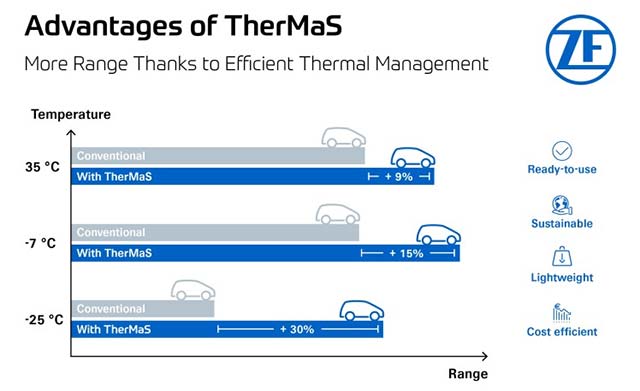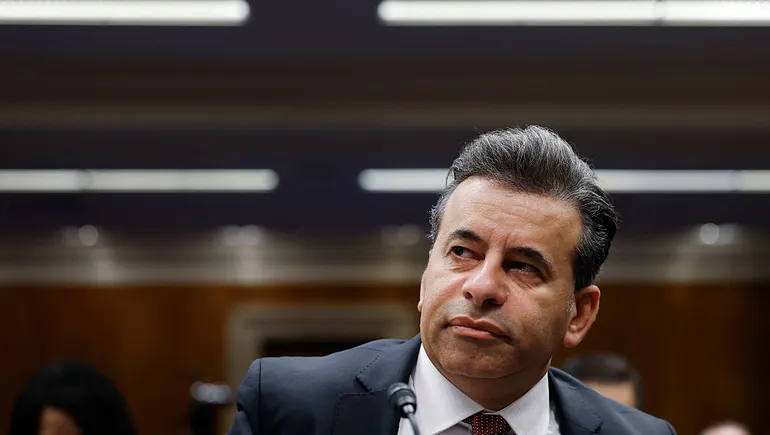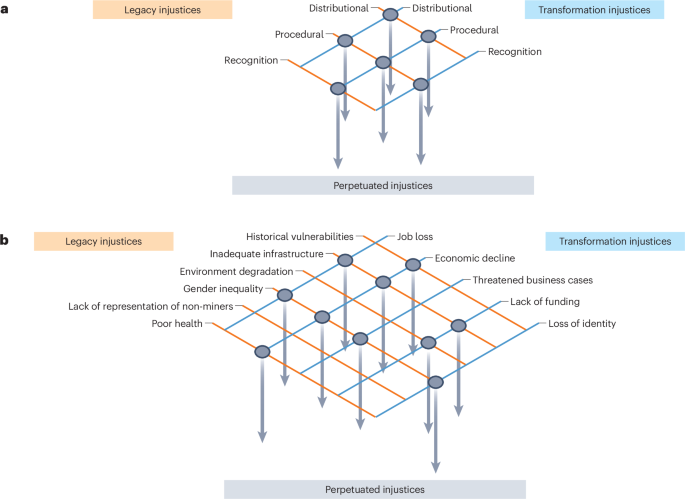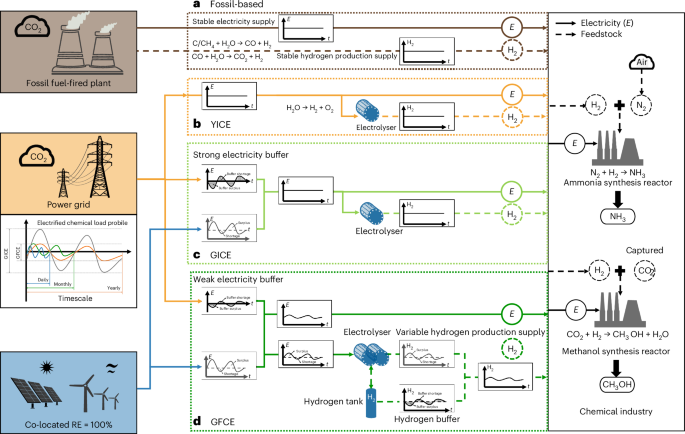The Value of Privacy and the Choice of Limited Partners by Venture Capitalists
Many venture capitalists view confidentiality as a core competitive advantage when investing in high-growth companies. They guard not only the sensitive information they obtain from startups, but also the prices they pay, the structure of their deals, and the proprietary strategies they use to find and evaluate investments. In our recent paper, The Value of […]

Rustam Abuzov is an Assistant Professor of Finance at the Darden School of Business, University of Virginia, Will Gornall is an Associate Professor of Finance at UBC Sauder School of Business, and Ilya A. Strebulaev is The David S. Lobel Professor of Private Equity and Professor of Finance at Stanford Graduate School of Business. This post is based on their recent article forthcoming in the Journal of Financial Economics.
Many venture capitalists view confidentiality as a core competitive advantage when investing in high-growth companies. They guard not only the sensitive information they obtain from startups, but also the prices they pay, the structure of their deals, and the proprietary strategies they use to find and evaluate investments. In our recent paper, The Value of Privacy and the Choice of Limited Partners by Venture Capitalists, we show that disclosure requirements influence not only how VCs invest, but also which investors they are willing to accept capital from.
Public pension funds and university endowments have historically been among the most important limited partners (LPs) in VC funds, accounting for roughly one-third of reported capital commitments. However, beginning in late 2002, these public LPs faced a major shift in disclosure obligations driven by state-level Freedom of Information Acts (FOIAs). These laws require public institutions to disclose many types of records upon request, although VC data was historically treated as a trade secret and thus exempt from disclosure. That changed with a pivotal court ruling that forced public LPs to release fund-level performance data and raised the prospect of broader disclosure of sensitive portfolio company information. We refer to this change in public LP disclosure requirements as the FOIA shock.




















































































































































